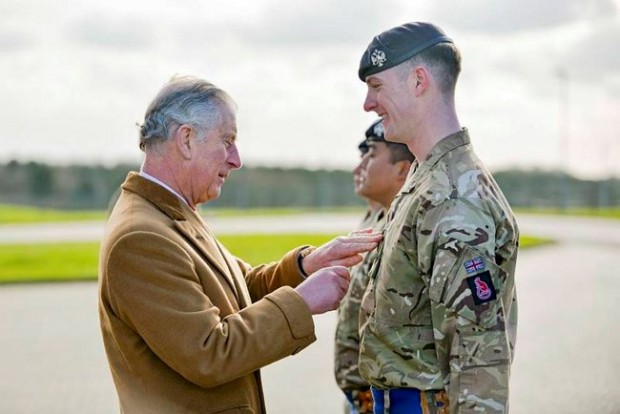This morning’s broadcast headlines are dominated by continued reporting of the EU referendum, as hundreds of business leaders, including more than a third of FTSE 100 leaders, have signed a letter saying that leaving the EU would risk jobs and investment. This subject is covered widely in this morning’s papers.
Daesh
The flow of foreign fighters to Daesh's self-declared caliphate has slowed for the first time, although the consequences may be felt in more attacks in the West, the US-led coalition warned yesterday. The Times reports that foreign fighters moved from elite units to bolster battlefield units in Iraq and Syria are not being replaced, according to Colonel Steve Warren who was speaking in London. "That tells us as we see the size of special units shrink there is less of a flow coming in to replenish them," he said.
Syria
The Times reports on a new deal between the US and Russia to enforce a ceasefire in Syria has been reached, with the cessation of hostilities set to come into force on 27 February. The ceasefire, subject to the agreement between the warring parties, would exclude Daesh, al-Nusra Front and other groups deemed to be terrorist organisations. The story reports on scepticism about whether it can be enforced after a previous planned ceasefire failed to take place. Instead, Russia allegedly continued its bombing campaign and sieges of starving towns were not lifted. Foreign Secretary Philip Hammond welcomed the latest agreement, adding: “If implemented fully and faithfully, this agreement will be an important step towards reducing the horrendous levels of violence in Syria and bringing about a lasting political settlement.”
Defence review
Two former Labour defence secretaries, Lord Robertson and Lord Hutton, have commented on the party's defence review. There are stories in the Guardian,The Times and The Sun, which reference Trident and the government’s commitment to spending 2% of GDP on defence.

